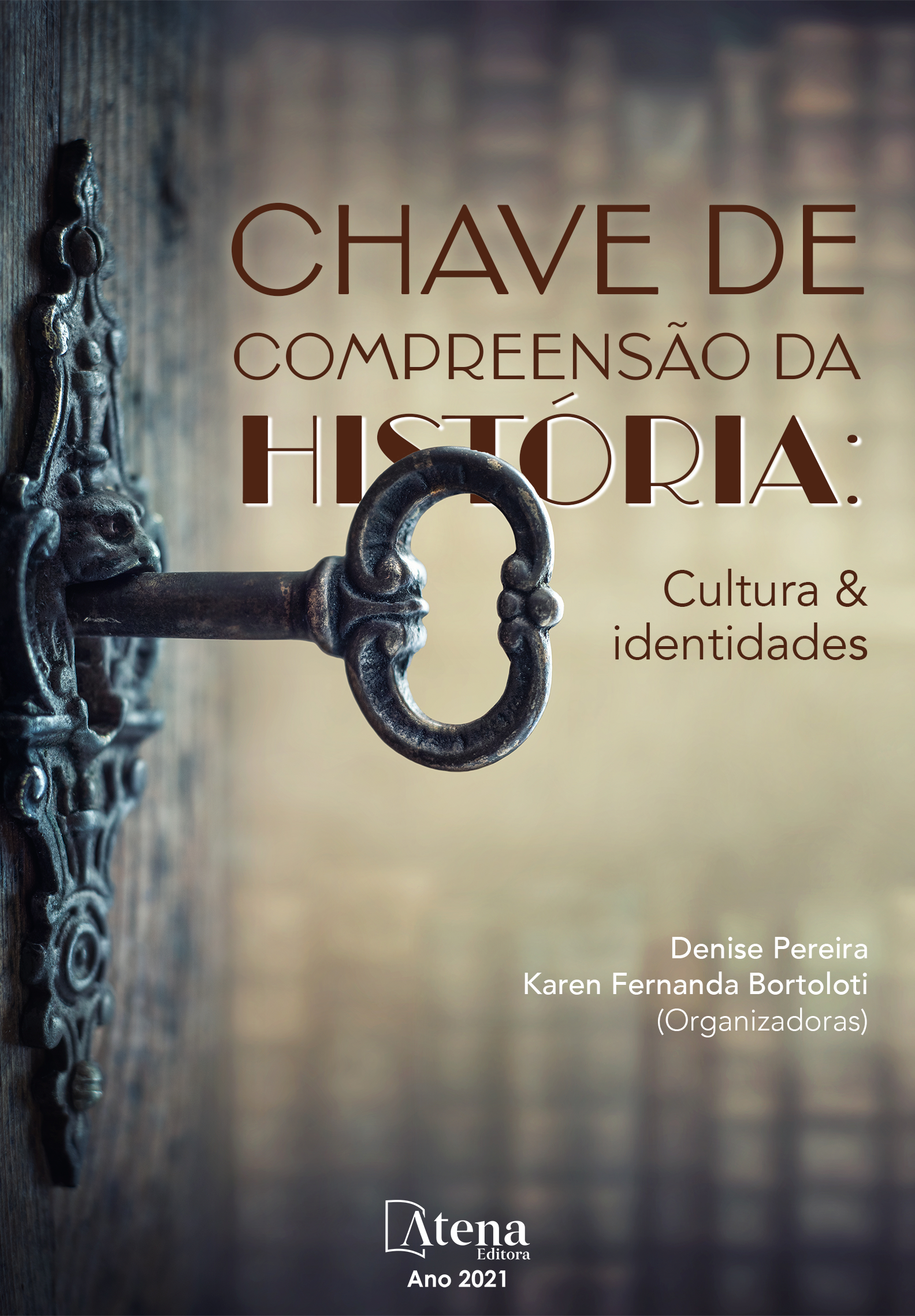
UMA EXPERIÊNCIA DECOLONIAL DA ESCOLA MUNICIPAL EUGENIA ANNA DOS SANTOS: NARRATIVAS E SABERES DO CANDOMBLÉ NA CONSTRUÇÃO DA CONSCIÊNCIA HISTÓRICA
Este trabalho tem como objetivo apresentar, analisar e dialogar com narrativas e saberes que circulam dentro de uma tradição do candomblé, avaliando sua contribuição para a construção da consciência histórica entre crianças num espaço de educação formal oficial e público. A experiência analisada é a que tem sido realizada na Escola Municipal Eugenia Anna Dos Santos (EMEAS), iniciada em 1978, que está instalada em Salvador, na Bahia, e que é uma iniciativa do terreiro de candomblé Ilê Axé Opô Afonjá. A EMEAS oferece educação escolar para turmas de alunos da Educação Infantil e para os dos anos iniciais do Ensino Fundamental e tem como fundamentos o projeto Mini Comunidade Oba Biyi, quando a iniciativa ainda não era uma escola formal. O Oba Biyi deu lugar ao Projeto Político Pedagógico Irê Ayó. Este projeto é analisado para discutir como a idealização e criação de uma escola de educação formal expressa-se como movimento de resistência, de revisão e rompimento com as epistemologias ocidentais. Ao mesmo tempo, este movimento é construção de outras narrativas e memórias, ou melhor, de recuperação e reconstrução de narrativas que foram silenciadas, e mantidas apenas através da oralidade dos terreiros. Procura-se avaliar como o Ensino de História, como componente curricular oficial, participa e colabora para acontecer este processo de recuperação e empoderamento de crianças que vivem imersas na cultura africana. Estas novas visões apresentam-se como narrativas genuínas, que reinstauram as trajetórias dos antepassados, colocando-se em disputa com as narrativas oficiais que têm vigorado na sociedade brasileira. Nesta perspectiva, procura-se analisar a cultura histórica que se constrói para a construção de uma consciência histórica que valoriza, adota e legitima os saberes das comunidades de terreiros, como fator para educação para as relações étnico-raciais na perspectiva decolonial.
UMA EXPERIÊNCIA DECOLONIAL DA ESCOLA MUNICIPAL EUGENIA ANNA DOS SANTOS: NARRATIVAS E SABERES DO CANDOMBLÉ NA CONSTRUÇÃO DA CONSCIÊNCIA HISTÓRICA
-
DOI: 10.22533/at.ed.4722103126
-
Palavras-chave: Ensino de História; Consciência Histórica; Decolonialidade; Educação para relações étnico-raciais
-
Keywords: History Teaching; Historical Consciousness; Decoloniality; Education for ethnic-racial relations
-
Abstract:
This paper aims to present, analyze and dialogue with narratives and knowledge that circulate within a candomblé tradition, evaluating their contribution to the construction of historical consciousness among children in an official and public formal education space. The experience analyzed is that of the Escola Municipal Eugenia Anna Dos Santos (EMEAS), which began in 1978 and is located in Salvador, Bahia, and is an initiative of the Ilê Axé Opô Afonjá candomblé ceremonial grounds. EMEAS offers school education for classes of students in Infant Education and for those in the initial years of Elementary School, and is based on the project Mini Comunidade Oba Biyi, when the initiative was not yet a formal school. The Oba Biyi gave way to the Irê Ayó Pedagogical Policy Project. This project is analyzed to discuss how the idealization and creation of a formal education school expresses itself as a movement of resistance, of revision and rupture with western epistemologies. At the same time, this movement is the construction of other narratives and memories, or rather, the recovery and reconstruction of narratives that have been silenced, and maintained only through the orality of the terreiros. We seek to evaluate how History Teaching, as an official curricular component, participates and collaborates in this process of recovery and empowerment of children who live immersed in African culture. These new visions are presented as genuine narratives, which reinstate the trajectories of the ancestors, placing themselves in dispute with the official narratives that have been in force in Brazilian society. From this perspective, we seek to analyze the historical culture that is being constructed for the construction of a historical consciousness that values, adopts, and legitimates the knowledge of terreiro communities as a factor in education for ethnic-racial relations from a decolonial perspective.
-
Número de páginas: 17
- Silene Ferreira Claro


